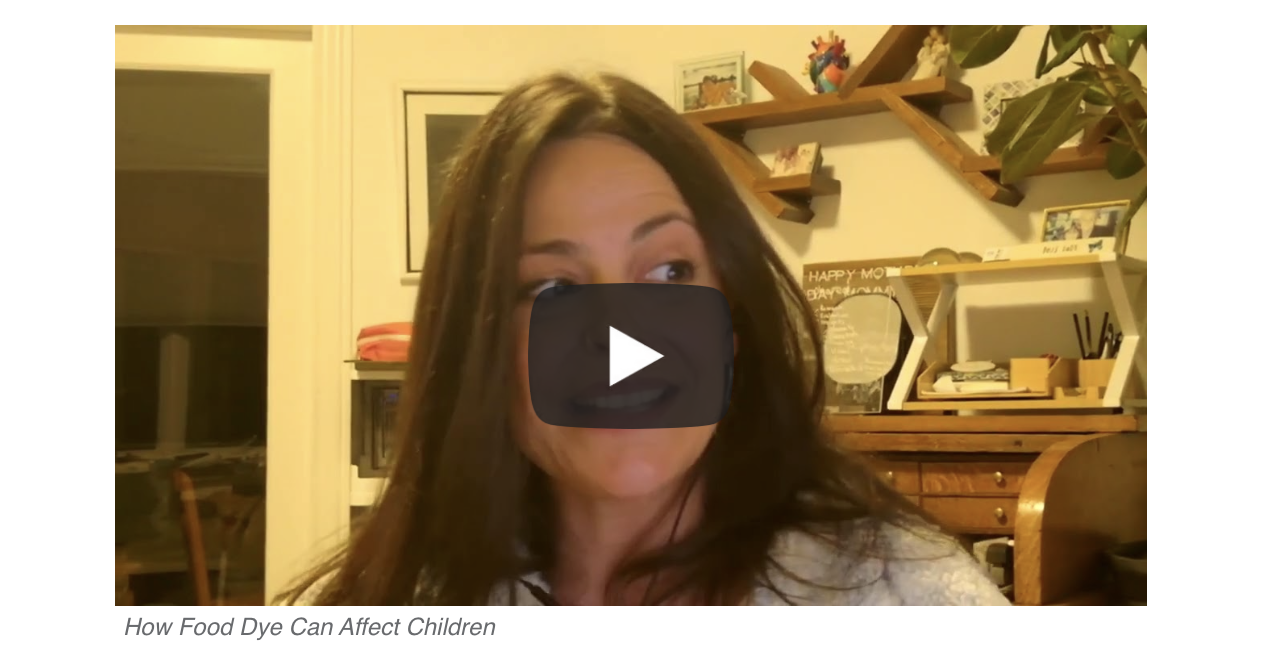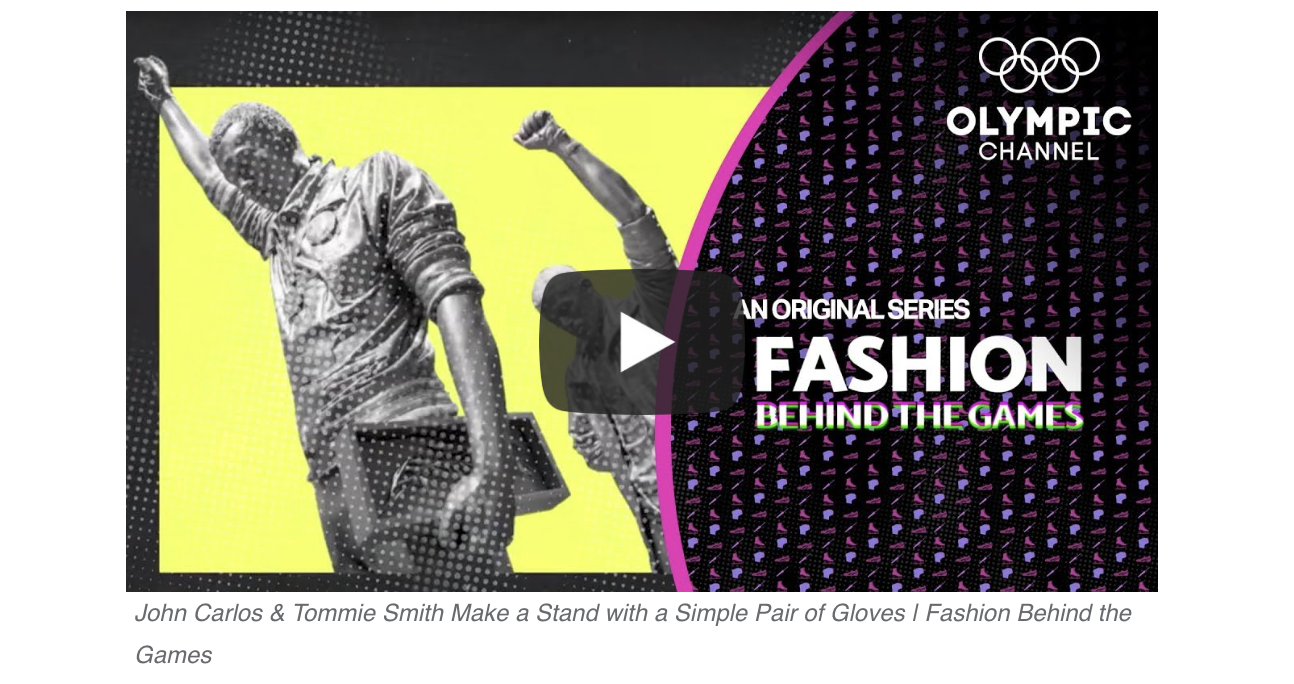Protesters Demand Kellogg Bans Artificial Dyes, But What Does The Science Say
Plus, TikTok has determined average user gets addicted to app in under 35 minutes, according to sealed documents
Was this email forwarded to you? Sign up!
Good morning,
Voters in the important swing state of Georgia appear to be ready to vote! Georgia Secretary of State Brad Raffensperger says Georgians set a record-breaking pace for early voting on Tuesday, with about 234,000 people casting ballots before the workday even ended.
It comes a day after a Georgia judge ruled that county election officials may not delay or decline to certify election results over allegations of fraud in the state.
The state may still take a while to count the votes. Over the summer, the Republican-controlled State Election Board passed a rule requiring all ballots to be hand counted.
There are hearings scheduled for this week about the lawsuits from both major parties challenging the new rules.
Rewind: Former President Trump won the state in 2016 by about 5% (more than 200,000 votes). President Biden won by just under 12,000 votes in 2020. [Trump and allies claimed—without evidence—that Georgia’s election was tainted by widespread fraud. Trump was among several people indicted for efforts to overturn the results.]
Polling shows the state is too close to call in 2024.
This is going to be a nail-biter!
Mosheh, Jill, & Lauren
PS: Don’t forget to refer friends & family to subscribe to the Mo Newsletter… you could get free Mo News merch — DETAILS at the bottom of this newsletter!
🔬 MARCH ON KELLOGG: UNDERSTANDING THE SCIENCE BEHIND CLAIMS THAT FOOD DYE & PRESERVATIVES HARM US
Protesters gathered outside Kellogg’s Battle Creek, Michigan headquarters on Tuesday to deliver a petition with over 400,000 signatures calling for the company to remove artificial dyes and preservatives from their cereals.
It comes after online food activist Vani Hari, aka Food Babe, posted about how Froot Loops ingredients are different in Canada vs. the US.
The US version has Red 40, Yellow 5, and Yellow 6, Blue 1— which a 2012 study linked to being carcinogenic and causing allergic reactions.
Kellogg, the maker of Froot Loops and Apple Jacks, announced nearly a decade ago that it would remove artificial colors and ingredients from its products by 2018. The company has done that in other countries, where Froot Loops are colored with concentrated carrot juice, blueberry and watermelon juice. But in the U.S., the cereal still contains a chemical preservative called BHT, and artificial colors.
A 2021 European Public Health Commission report found that preservative BHT disrupted the endocrine system.
🚨 However, there is still no scientific consensus that these additives are harmful to humans. They are considered safe for consumption in regulated amounts.
The FDA says it has reviewed and evaluated the effects of color additives on children's behavior and believes that most children have no adverse effects when consuming them.
🎙️ Mo News spoke with Dr. Jess Steier, public health scientist, of Unbiased Science to dig into whether these products are safe and what’s behind the different policies.
Steier says most of the concern is related to data from small sets of preclinical studies— meaning, testing on rats or mice at exposure levels 100,000 times the magnitude of exposure that humans would have.
In Europe, products have to have a warning label when they contain petroleum-based dyes Red 40. Steier says that has more to do with how the US vs. Europe look at regulations than the safety of the dyes.
“We have our own cultural norms..and also take different approaches to assessing harm. In the US, we use a risk-based approach. There's something that might be harmful, but how much of it do we need to be exposed to and for how long for us to see harm? Many other countries take a precautionary or a hazard-based approach— like this thing has the potential to harm us” she said.
“Some people prefer that, you know, why risk it? But I want to caution against this idea that in the US, we have this loosey goosey regulatory system where we're allowing all these things that other countries are banning,” Steier told us. “First of all, that's not the case. And actually there are many ingredients that are banned here in the US that are actually allowed in places like Europe. Second of all, we also often have different naming systems. So people assume that something is banned in another country when it's actually just named differently.”
The account, Food Science Babe, says the additive bans go both ways: There are 16 color additives that are banned in the US that the EU allows.
FOR NOW, WE GO STATE-BY-STATE
California became the first state last year to ban, by 2027, four additives used in foods and candy. Other states are looking to follow California’s lead. Proposed legislation would ban seven more dyes, including some in Froot Loops, from its public schools in California over links to cancer, neurobehavioral issues and hyperactivity.
CONSUMER PREFERENCES
Protest organizers say that if Kellogg can make versions of their products that don’t contain these ingredients— some of which are banned or have warning labels in Europe and Canada— they should be able to make them in the US.
“American customers have our own tastes and preferences,” Steier says. And changing Froot Loops to use beetroot red dye, an alternative other countries use, could impact cost, taste and shelf life.
But, as consumer preferences change, some companies are working to replace artificial additives.
As for Kellogg, the company maintains that all of its products are safe for consumption and are compliant with “all applicable laws and regulations.”
Kellogg said it previously announced its plan to remove artificial colors years ago because it believed customers were seeking foods with natural ingredients. But, the company said it found that consumer preferences differed widely across international markets.
📌 ADDICTED IN 35 MINUTES: INSIDE TIKTOK’S DOCUMENTS
Thirty pages of improperly redacted documents from a lawsuit against TikTok reveal that the tech company learned years ago that it took less than 35 minutes, or about 260 videos, for the average user to get addicted to the app. The documents show that TikTok executives are aware of how addictive the app is, along with its negative mental health effects.
The court case comes after a two-year investigation by 14 state attorneys general into the app’s habit-forming features and harm to minors. A clerical error in Kentucky’s case allowed the blacked-out portions of the documents to be read when copied and pasted into a separate legal file, which Kentucky Public Radio discovered.
MORE INSIDE THE DOCS
The bombshell leak included summaries of internal TikTok studies.
The company knew that compulsive use “interferes with essential personal responsibilities like sufficient sleep, work/school responsibilities, and connecting with loved ones.”
A TikTok presentation showed the company believed that 95% of minors with smartphones used the app.
Another internal document instructed moderators to not remove underage users (13 or younger) unless their bio specifically stated their age.
Public vs. private messages: Time-limit features on the app were internally viewed as a way of “improving public trust in the TikTok platform via media coverage… not to reduce the time spent.”
TikTok said the publication of the court-sealed information was irresponsible, adding the “complaint cherry-picks misleading quotes and takes outdated documents out of context to misrepresent our commitment to community safety.”
What’s Next: The lawsuits against TikTok will now proceed in 14 separate state courts. Each complaint relies on consumer protection laws specific to each state. It could be months or years before we see trial dates, unless the cases are dismissed, or settlements are reached.
⏳ SPEED READ
🚨NATION
📌 Trump defends high tariffs in testy exchange before Economic Club of Chicago (USA TODAY)
📌 92 people still missing in North Carolina after Hurricane Helene, governor says (NBC NEWS)
📌 House Ethics Committee subpoenas documents from lawsuit brought by Rep. Matt Gaetz's friend (ABC NEWS)
📌 North Carolina governor candidate Mark Robinson sues CNN over report about posts on porn site (AP)
🌎 AROUND THE WORLD
📌 US demands Israel improve humanitarian conditions in Gaza or risk military aid (AXIOS)
📌 Spanish police seize Russia-bound chemicals, including possible weapons material (NBC NEWS)
📌 Prague to ban organized night-time pub crawls as it tries to cut down on bachelor/stag parties (BBC)
📌 Britain to study use of Lilly's weight loss drug to get people back to work (REUTERS)
📱BUSINESS, SCIENCE & TECH
📌 25% of adults think they have undiagnosed ADHD, survey shows (CBS NEWS)
📌 US fines Lufthansa $4 million for treatment of Orthodox Jewish passengers on a 2022 flight (ABC NEWS)
📌 A La Niña winter is coming. Here’s what that could mean for the US (CNN)
📌 Walgreens to close 1,200 stores as US pharmacies struggle to define a new role (AP)
🎬 SPORTS & ENTERTAINMENT
📌 All the songs Trump played while he stood quietly for 30 minutes at rally (THE WRAP)
📌 Jake E Lee, former guitarist for Ozzy Osbourne, shot multiple times in Las Vegas (FOX NEWS)
📌 Taylor Swift announces new Eras Tour book and The Tortured Poets Department: The Anthology on CD, vinyl (VARIETY)
📌 The Super Bowl will return to Atlanta's Mercedes-Benz Stadium in 2028 (ABC NEWS)
🗓 ON THIS DAY: OCTOBER 16
1964: China detonated its first atomic bomb. To this day, less than a dozen countries have nuclear weapons
1968: At the 200-meter Olympics awards ceremony in Mexico City, American sprinters Tommie Smith and John Carlos gave a Black-power salute (holding their fists in the air with black gloves), bringing awareness to the struggles of African Americans. They were ordered to leave the Games and initially condemned in the media.
1978: Karol Józef Wojtyła, a Polish cardinal, was elected pope — the first non-Italian pope in 455 years. He took the name John Paul II and served until his death in 2005.
1982: Dolly Parton became the first artist to reach #1 on the Billboard Hot Country Songs chart twice with the same song for her version of “I Will Always Love You” — the first was in June 1974.






